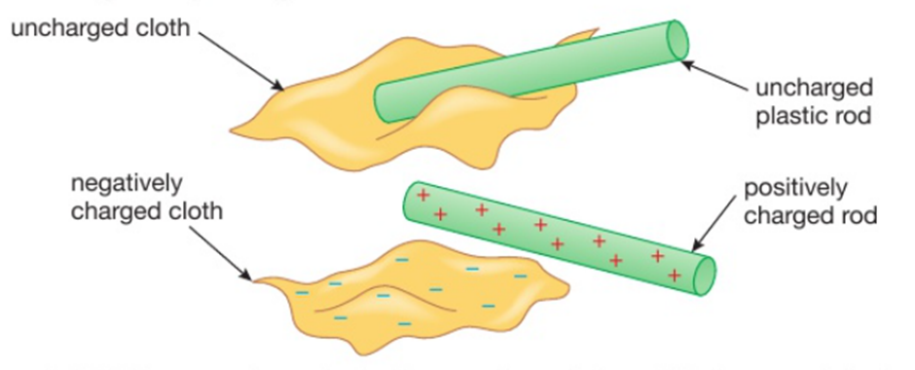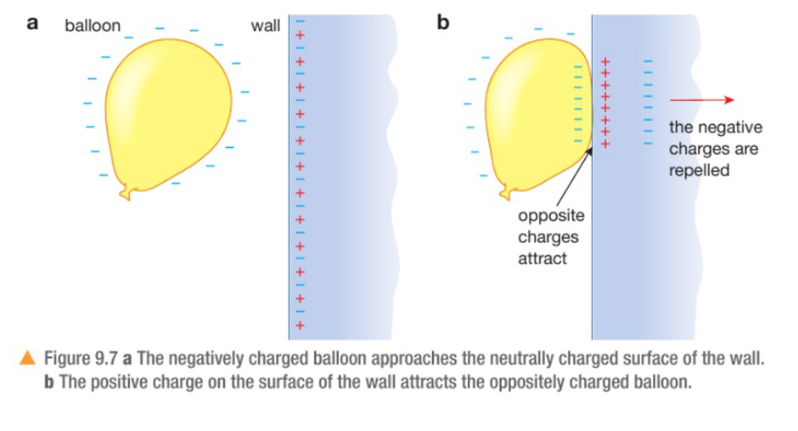2.22 identify common materials which are electrical conductors or insulators, including metals and plastics
Conducting Materials:
- Copper
- Aluminium
- Gold
- Silver
Will conduct electricity
Insulating Materials:
- Glass
- Air
- Plastic
- Rubber
- Wood
Will not conduct electricity


